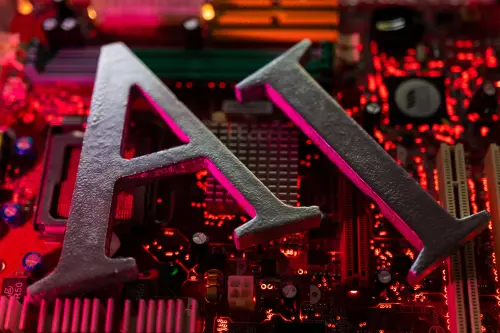On March 18, a federal appeals court in Washington, D.C., confirmed that artworks generated solely by artificial intelligence cannot be copyrighted under U.S. law. The U.S. Court of Appeals for the District of Columbia Circuit, in alignment with the U.S. Copyright Office, ruled that an image produced by Stephen Thaler's AI system "DABUS" did not qualify for copyright protection, emphasizing that copyright applies only to works with human creators.
This ruling reflects ongoing efforts by U.S. authorities to address copyright complexities within the rapidly expanding AI industry. Additionally, the Copyright Office has previously denied copyright requests for images generated by the AI system Midjourney.
While some artists have contended that they should be eligible for copyrights for AI-assisted creations, Thaler's stance maintained that his "sentient" system autonomously generated the artwork in question.
Ryan Abbott, Thaler's attorney, expressed disagreement with the court's decision and confirmed intentions to appeal. Conversely, the Copyright Office stated that it supports the ruling as the correct interpretation of the law.
Thaler, hailing from St. Charles, Missouri, sought copyright protection in 2018 for "A Recent Entrance to Paradise," an artwork attributed to his AI system. However, the Copyright Office rejected his application in 2022, stressing the requirement for human authorship in copyrightable works.
A federal district court judge endorsed this decision in 2023, affirming the fundamental role of human authorship in copyright law with historical precedent. The D.C. Circuit cautioned that the ruling could potentially deter innovation and investment in an emerging field deemed crucial.
In a unanimous decision on Tuesday, U.S. Circuit Judge Patricia Millett articulated that U.S. copyright law mandates that creative works must originate from human authors. The court underscored that the Copyright Act's provisions align with the necessity of human authorship for registration.
